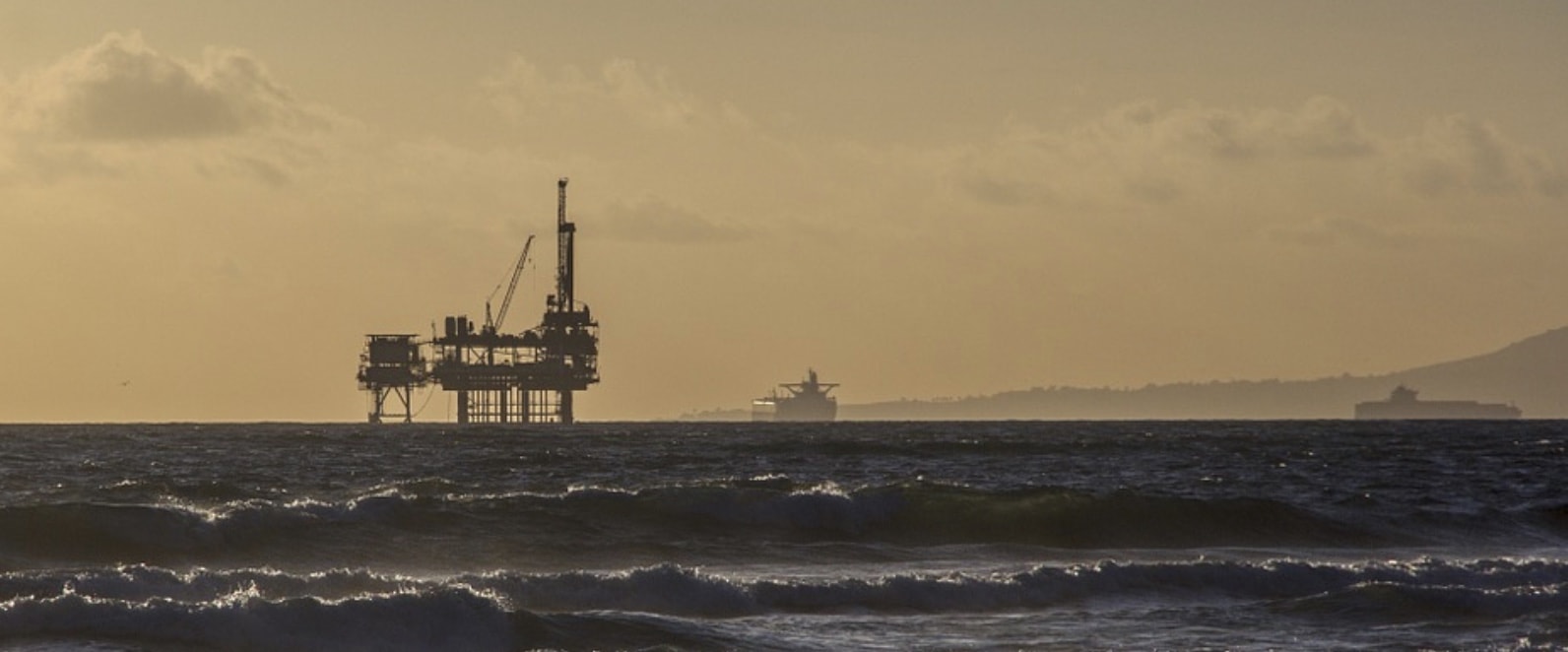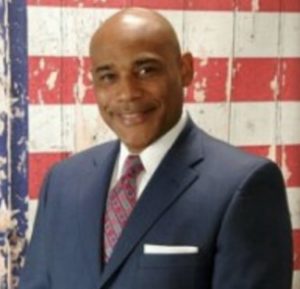
18 Aug 2018 Offshore Protestors Who Flood Hearing Rooms Don’t Speak For Everyone, by Derrick Hollie
Time and time again we hear politicians say they are committed to representing the will of the people.
As the entire country heads into another general election, I’m reminded what the Isle of Wight County Supervisor Rudolph Jefferson said after his most recent re-election, “I plan to continue to be a servant to the people of the county.”
Like myself, and nearly twenty percent of Virginia, Rudolph is African-American. Forty-three years ago there were only 1,469 black elected officials nationwide, according to the Joint Center for Political and Economic Studies. In 2011, that number swelled nearly 10 times to 10,500. Assuming a similar trajectory, that would mean there are many more African Americans pledging their time today, or at the very least, just as many people during their last survey – and our communities need that diverse representation.
Yet, we know racial divides in America still exist. I recently learned about three new studies confirming how robust racial economic inequality remains, and how minorities and people of color still make less money than their white counterparts.
And less take-home pay means every dollar has to stretch that much further – especially when it comes to paying bills at the end of the month.
Dubbed an “energy burden,” utility prices mean a great deal to minorities and people of color. A report from the American Council for an Energy-Efficient Economy (ACEEE) and the Energy Efficiency for All (EEFA) coalition found that African-American and Latino households spend a disproportionately higher amount of their income on energy.
That’s because even if two households similar in size use the same amount of energy, and therefore receive the same monthly bill, it ends up hurting minorities and people of color who make less. The same concept applies for the price of gasoline at the pump, groceries and many other household needs.
We have to acknowledge a real problem in America: that some minorities and families of color are forced to purchase cheaper products, keep their homes too hot or too cold, and buy food that may not always be fresh so they can make their budgets work. Sometimes they can’t afford to do them all at the same time.
And there could be a solution sitting off the Atlantic coast that could provide our state and its minority communities with some relief, but without exploring we’ll never know how vast the oil and gas deposits off our shores actually are. For all the people that say it can’t work, after just returning from a visit to Port Fourchon in Louisiana and seeing offshore operations coexist with fishing, transportation and the military – I know it works – it’s happening.
By exploring and possibly tapping into our nation’s oil and gas deposits, we can look to provide long-term reliable energy for poorer families in Virginia where individuals spend an estimated $3,288 annually on energy and where the state ranks 10th in the nation for average monthly residential electricity consumptionaccording to the Energy Information Administration (EIA). Or maybe it’s just trying to help people who are looking for a leg up.
Producing more energy here in America will make energy prices go down, or at least keep them stable in the near future. That’s why the first step should be approving seismic testing and initiating a discovery phase off Virginia’s coast.
In light of this information, it strikes me incredibly odd that many local elected officials, County Supervisor Jefferson included, are opposed to offshore drilling.
I’ve read the news stories and seen photos of environmental protestors packing in city and county commission meetings. They make quite the scene with their bullhorns, gas masks, coordinating t-shirts and picket signs, but what I don’t see is a lot of minorities or people of color. Maybe because they’re at work trying to make up for that pay gap?
My point is – those protestors don’t speak for me. Perhaps those people can afford to pay higher monthly bills, but by opposing offshore drilling they are widening the gap between income and affordable energy that already exists. It’s easy to protest something when you have the means to do so, but don’t act like you care about others when your protests blatantly oppress an already oppressed group of people.
These gaps should be concerning to all, especially elected African-American leaders and social protesters. Officials who want to remain committed to the campaign process by serving their constituents, maybe they should try doing something that will lower or stabilize their energy bills, not caving to environmental mobs who clearly don’t speak for everyone.
Project 21 member Derrick Hollie is president of Reaching America, an organization that addresses complex social issues impacting African-American communities. This piece originally appeared in the Daily Press newspaper.
New Visions Commentaries reflect the views of their author, and not necessarily those of Project 21, other Project 21 members, or the National Center for Public Policy Research, its board or staff.




